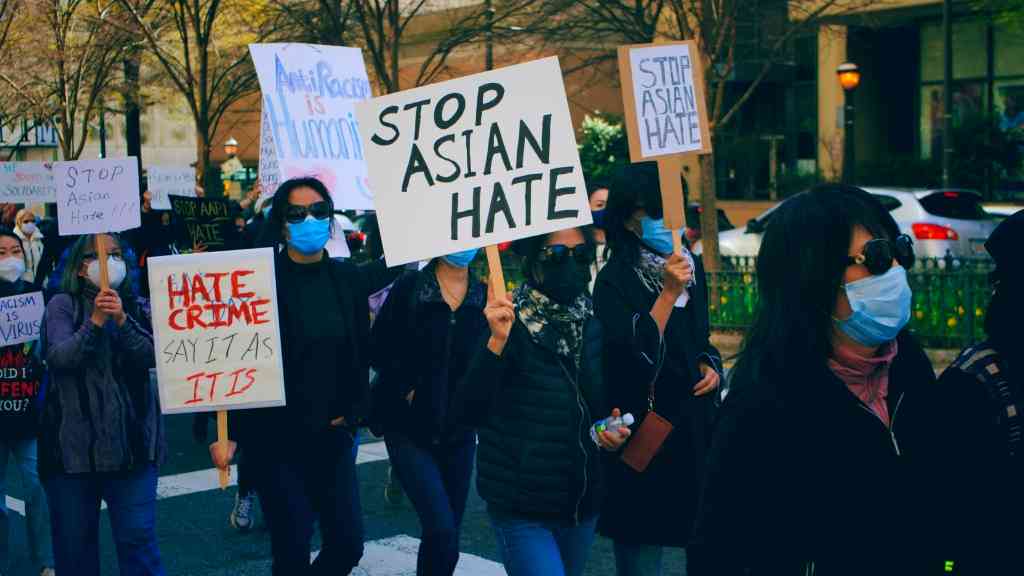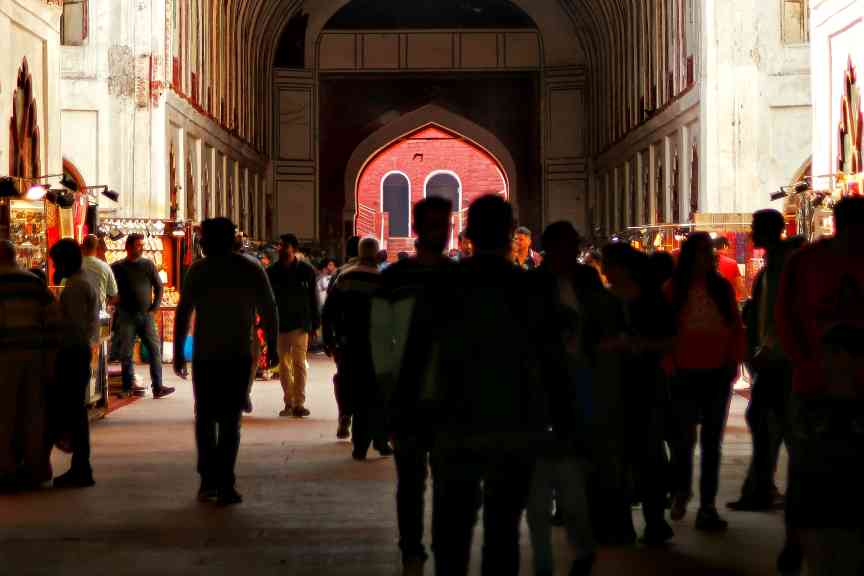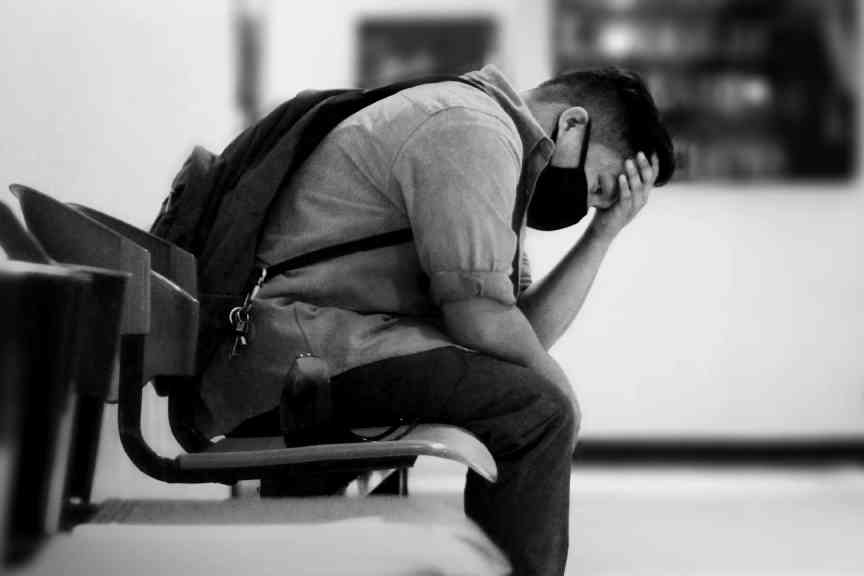How the model-minority myth hinders Asian American social workers


Asian American social workers face obstacles in their work due to the model-minority myth that portrays Asian Americans as universally successful and well-adjusted.
Key points:
- Faculty members from the University of Hawaiʻi at Mānoa Thompson School of Social Work & Public Health highlighted the damaging impact of stereotypes on Asian American social workers and marginalized communities.
- In their study, published in Social Work, the Journal of Social Work and the Journal of Gerontological Social Work, they found the need for improved social work education and specialized support for older Asian Americans.
The details:
- Through interviews with 17 social workers, researchers identified three emerging themes: limbo between model minority and perpetual foreigner status, impacts on the social worker role and organizational settings and impacts on advocacy work.
- Social workers navigate a complex space between being perceived as successful and facing the perpetual foreigner stereotype, creating challenges in identity formation and societal acceptance.
- Moreover, the model-minority stereotype influences expectations placed on Asian American social workers, potentially undermining their professional capabilities. Organizational dynamics may also perpetuate or challenge the stereotype, affecting workplace culture and support systems.
- Lastly, social workers face unique challenges in advocating for Asian American communities due to stereotypes that downplay their experiences of discrimination.
Applications and Recommendations:
- The findings back up the need for organizational cultures to better support Asian American social workers’ practice and advocacy efforts.
- The researchers also called for enhanced social work education to students and workplaces and specialized support for older generations of Asian Americans, who may be more vulnerable to mistreatment but hesitant to report incidents.
- “Our hope is that this study encourages future research on how we can support Asian American social workers and those from other marginalized communities and address their needs,” researcher Clifford Bersamira said.
Share this Article
Share this Article






